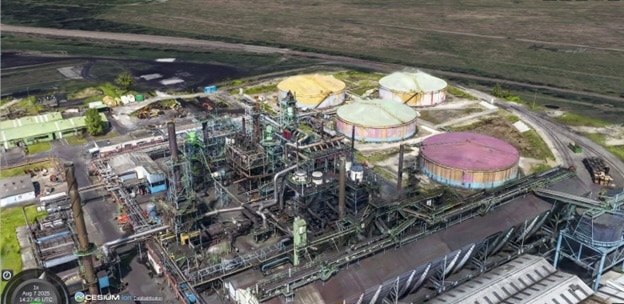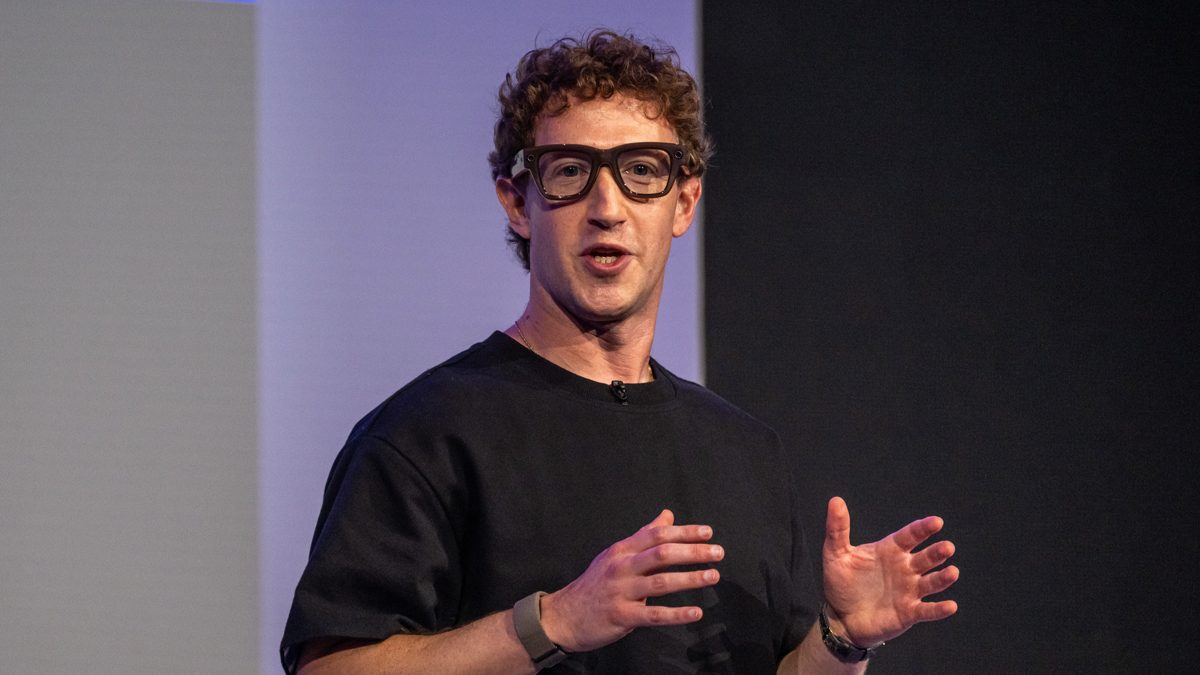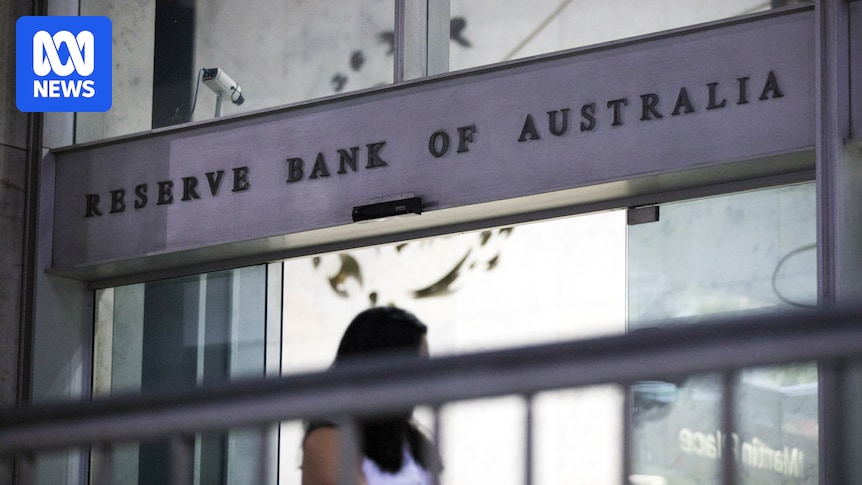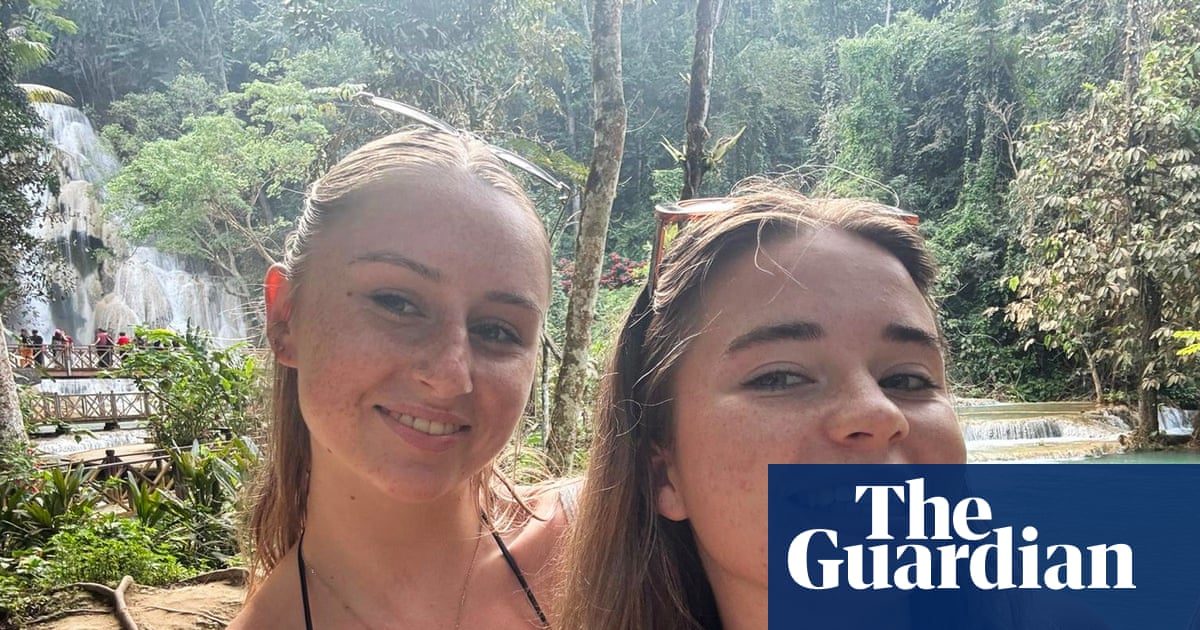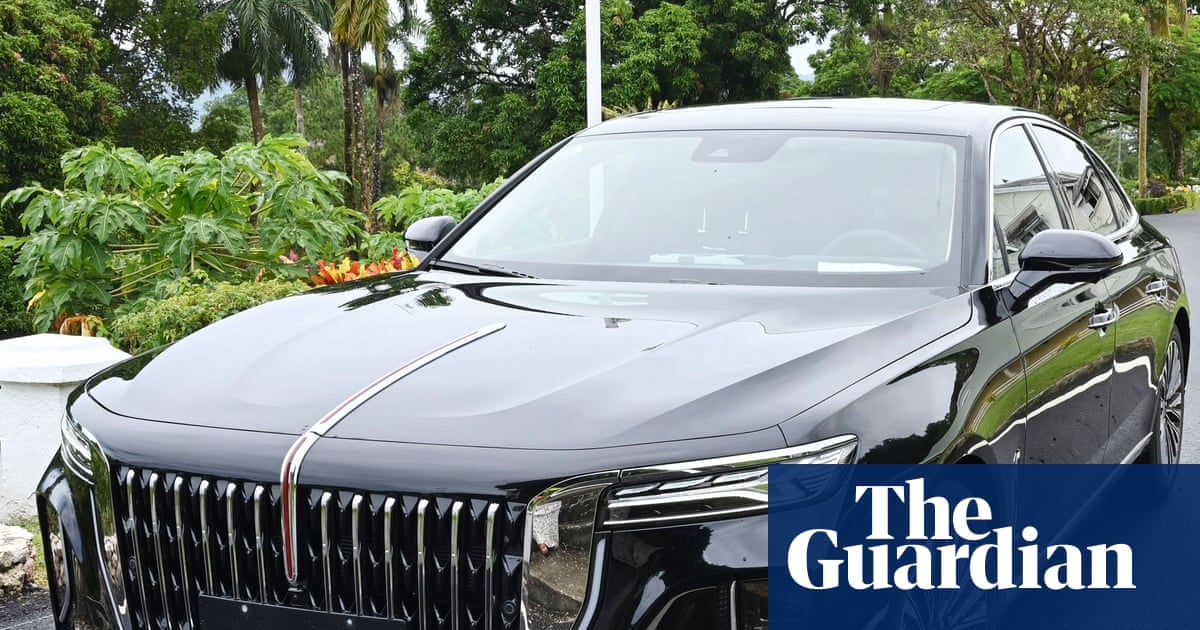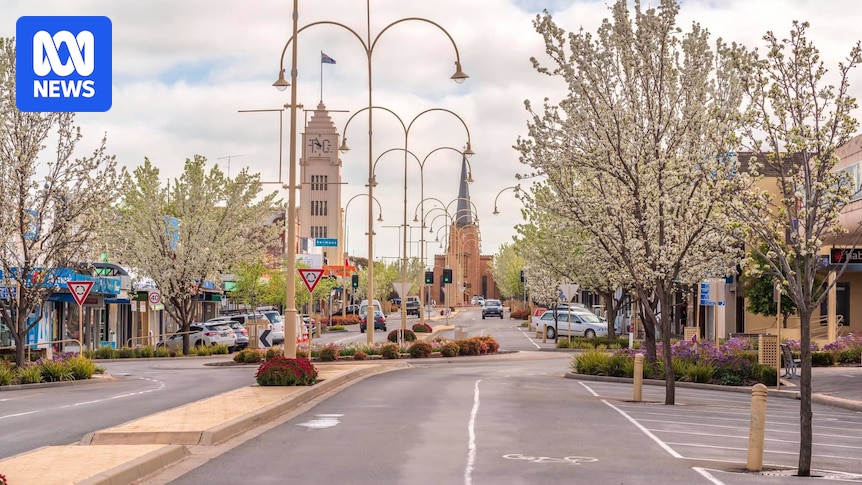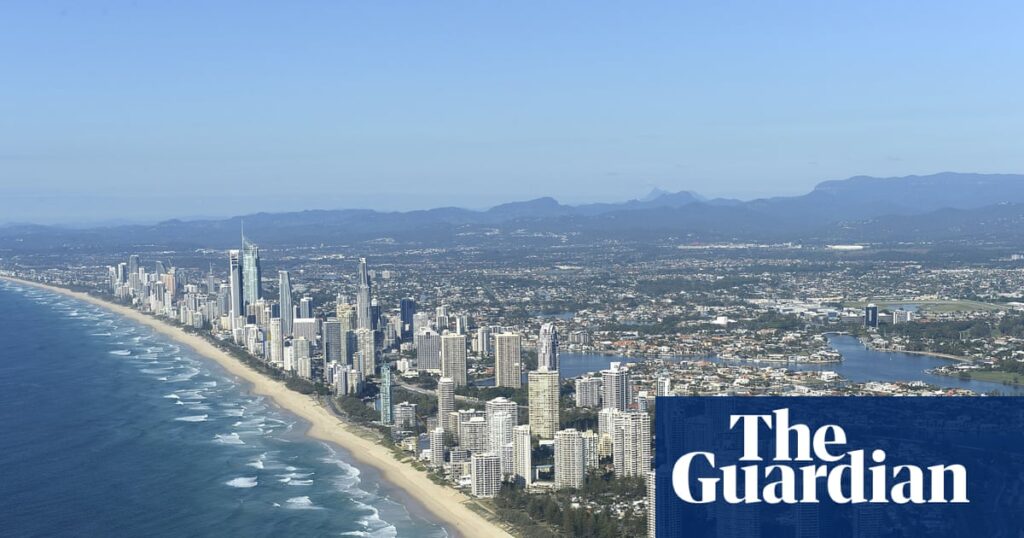
A US-based organization, the Combat Antisemitism Movement (CAM), has extended offers to hundreds of local mayors and councillors across Australia, providing all-inclusive travel and accommodation to attend a summit on the Gold Coast focused on combating antisemitism. The conference is scheduled to take place from September 3 to 5, and the initiative is backed by Australian companies and Jewish groups.
While at least one mayor has accepted the offer, other councils are independently funding their participation, with some spending up to $6,500 to send multiple representatives. However, many councils have declined the invitation, citing concerns over the propriety of accepting financial assistance from a group aiming to influence local government policy.
Mixed Reactions from Local Governments
The offer has sparked a variety of responses from local government officials. Some councillors have described the direct financial assistance as “highly unusual” and unprecedented in their experience. Despite this, Glen Eira’s Mayor, Simone Zmood, will attend the event with costs covered by sponsors, including Meriton Suites and Southern Steel, emphasizing the importance of participating in national discussions on antisemitism.
Meanwhile, Sydney’s Woollahra Council will allocate $6,500 to send four councillors and Mayor Sarah Swan, who will speak at the event without compensation. Other officials, such as Stonnington’s Deputy Mayor Tom Humphries and Melbourne’s Deputy Lord Mayor Roshena Campbell, have declined financial assistance, opting instead for council-funded participation.
Concerns Over Influence and Transparency
Transparency International Australia’s CEO, Clancy Moore, expressed concerns about the potential implications of accepting such offers. “When mayors or councillors accept paid trips or hospitality from lobby groups, it can raise questions about impartiality and public trust,” Moore stated, urging adherence to councils’ codes of conduct and hospitality policies.
A coalition of leaders from various advocacy groups and political entities has called for a boycott of the conference, arguing that the financial assistance resembles a “paid junket” and criticizing CAM for allegedly conflating criticism of Israel with antisemitism. This controversy is compounded by CAM’s advocacy for the adoption of the controversial IHRA definition of antisemitism by all levels of government.
Conference and Broader Implications
The federal government’s antisemitism envoy, Jillian Segal, who supports the IHRA definition, will also speak at the conference without receiving payment. CAM, defending its initiative, stated that the financial assistance aims to equip councils with “practical tools to strengthen social cohesion, reduce hate, and build more inclusive communities.”
Amidst the ongoing debate, Sydney’s Inner West Council Mayor, Darcy Byrne, has resisted calls to withdraw from the summit, while simultaneously criticizing CAM’s portrayal of a recent march across the Sydney Harbour Bridge as an antisemitic event. Byrne plans to address the summit, condemning both the Netanyahu government’s actions and the mischaracterization of protestors as antisemites.
“In my address to the summit, I will make plain our total opposition to the Netanyahu government’s atrocious conduct towards Palestinian civilians,” Byrne stated. “I will also insist that those opposing Netanyahu’s regime must also combat antisemitism and racism in our own country.”
CAM has clarified that its concerns were not with the march itself but with what it described as “numerous manifestations of antisemitism” during the event. The organization emphasized that hate speech and incitement to violence have no place in public demonstrations.
As the conference approaches, the debate over participation and the broader implications of accepting such offers continues to unfold, highlighting the complex intersections of advocacy, policy, and public trust.

